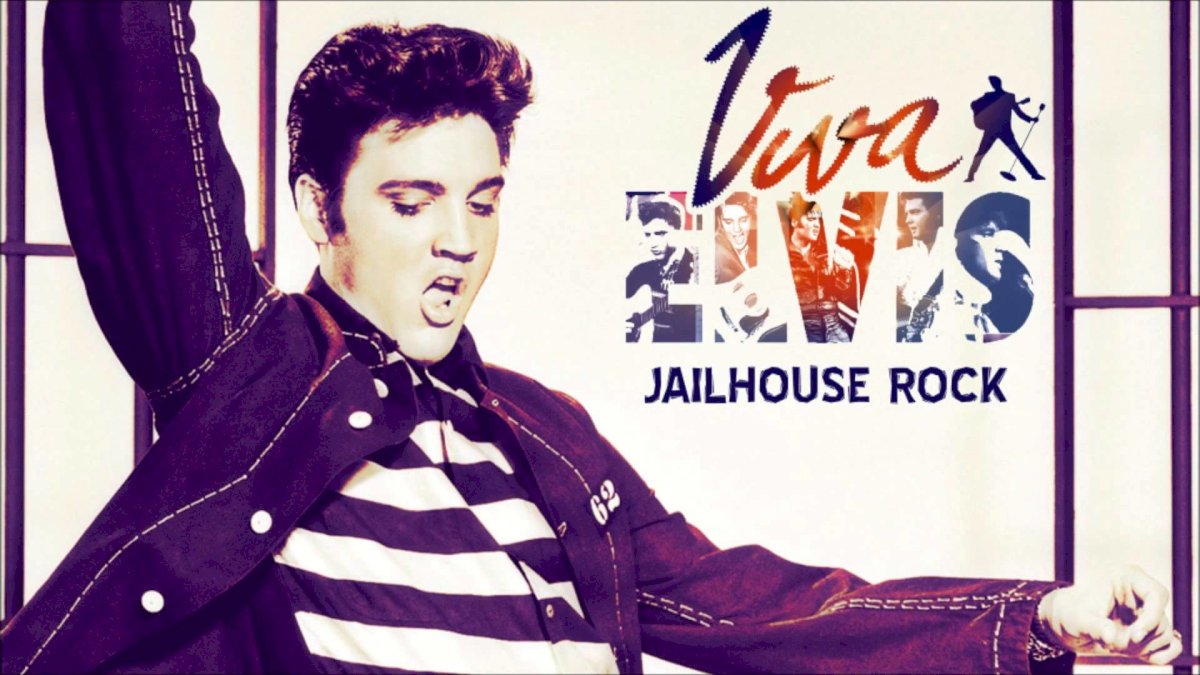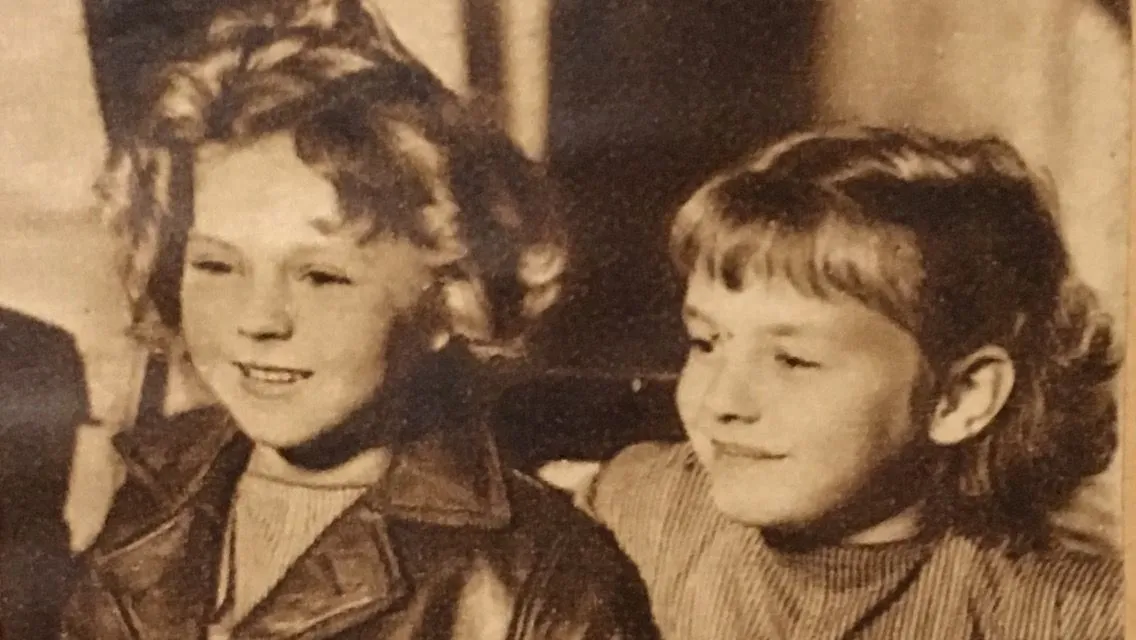In the late 1970s, a sitcom emerged that would captivate audiences with its humor, charm, and poignant life lessons. "Diff'rent Strokes" aired from 1978 to 1986 and became a beloved part of television history. Created by Jeff Harris and Bernie Kukoff, the show followed the lives of two African American brothers from Harlem who are adopted by a wealthy white businessman, exploring themes of family, diversity, and the importance of love and understanding. This article delves into the heartwarming and enduring legacy of "Diff'rent Strokes."
(Watch the video below)

The Premise and Main Characters

"Diff'rent Strokes" revolved around the lives of two brothers from Harlem, Arnold Jackson, portrayed by Gary Coleman, and Willis Jackson, played by Todd Bridges. After the passing of their mother, the two boys are adopted by Philip Drummond, a wealthy and kind-hearted businessman portrayed by Conrad Bain. Drummond's late wife, his previous housekeeper, had a close relationship with the Jackson family, and her passing prompted him to take in Arnold and Willis as his own.
The show's premise of blending two different worlds—working-class Harlem and affluent Park Avenue—laid the foundation for its exploration of socio-economic disparities and cultural clashes. Throughout the series, Arnold and Willis adapt to their new life while Drummond navigates the challenges of parenting with love, understanding, and a willingness to learn.
Humor and Heartfelt Moments

"Diff'rent Strokes" was known for its ability to balance humor with meaningful moments. Gary Coleman's portrayal of Arnold Jackson, a precocious and wisecracking young boy with a catchphrase ("What'chu talkin' 'bout, Willis?"), became an iconic part of television history. His comedic timing and charm resonated with audiences, making him a beloved character.
However, the show was not solely focused on laughter. "Diff'rent Strokes" tackled a range of serious issues, using humor as a vehicle to engage audiences in discussions about important topics such as race, class, drug abuse, and child exploitation.
Addressing Social Issues

One of the standout qualities of "Diff'rent Strokes" was its willingness to address social issues head-on. The show used its platform to shed light on pressing matters, aiming to educate and promote empathy among viewers. Episodes tackled subjects like racism, prejudice, teenage pregnancy, adoption, disability awareness, and more.
One of the most notable episodes, "The Bicycle Man," dealt with child molestation, a topic rarely addressed on television at the time. The episode's intention was to raise awareness and encourage dialogue about the sensitive issue, marking a significant step in television's ability to address complex matters.
Cultural Impact and Relevance
"Diff'rent Strokes" made a lasting impact on American television and popular culture. The show's diverse cast and willingness to tackle social issues broke barriers and paved the way for more inclusive programming. Additionally, the show's central theme of bringing together a blended family resonated with a wide audience, reflecting the evolving dynamics of American families.
The catchphrases and memorable moments from the series became part of the cultural lexicon, cementing its place in the memories of viewers. The relatability of the characters and their struggles allowed the show to connect with audiences on a personal level.
Legacy and Enduring Relevance

"Diff'rent Strokes" left an indelible legacy that continues to resonate. The show's impact on television representation and its approach to addressing complex social issues paved the way for future sitcoms to engage in meaningful discussions. While some of the show's storylines may seem dated today, its underlying messages remain relevant.
The cast members, particularly Gary Coleman, Todd Bridges, and Conrad Bain, left an indelible mark on television history. Their performances contributed to the show's success and have remained part of the cultural consciousness.
Conclusion

"Diff'rent Strokes" is more than just a sitcom—it's a reflection of a changing America and a testament to the power of entertainment to educate, inspire, and provoke discussion. The show's ability to balance humor with impactful social commentary set it apart and solidified its place in television history.
Through the lives of Arnold and Willis Jackson, the show tackled issues that were not only relevant during its original run but continue to resonate today. "Diff'rent Strokes" demonstrated the potential of television to be a force for change, and its legacy remains as a reminder of the importance of representation, inclusion, and addressing the pressing issues of our society.


